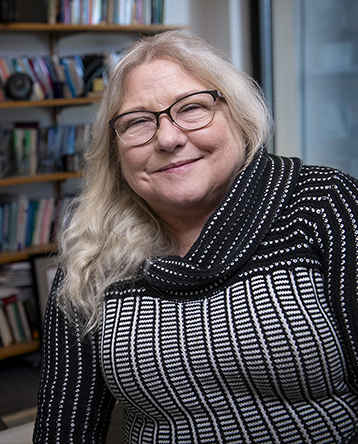Q&A with Kathleen Carley on the spread of coronavirus disinformation
Amid the global coronavirus pandemic, disinformation about the situation has been spreading at lightning speeds on social media. EPP's Kathleen Carley sits down with CyLab to answer questions regarding coronavirus news and how not to fall for disinformation.
Carley says that what we've seen so far is that disinformation about this fall into at least three different categories. First, there are a lot of stories containing inaccurate information about cures or preventative measures, such as ones saying that drinking bleach will protect you, or that coating your body in sesame oil helps. Second, there are a number of stories about the nature of the virus, such as the claim that children cannot get the virus, which is not true. Lastly, there are also a number of stories about weaponization or bio-engineering of the virus.
Carley's advice on how to deal with disinformation is to call it out, because some of it is deadly. If you see satire or a joke about the virus or COVID-19, don't share it; a person who reads it might not realize that it's satire.
To hear read to full article, go here.
